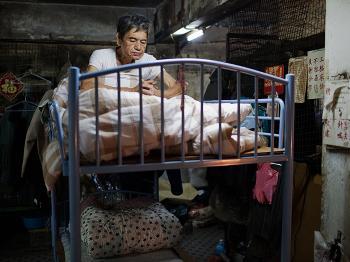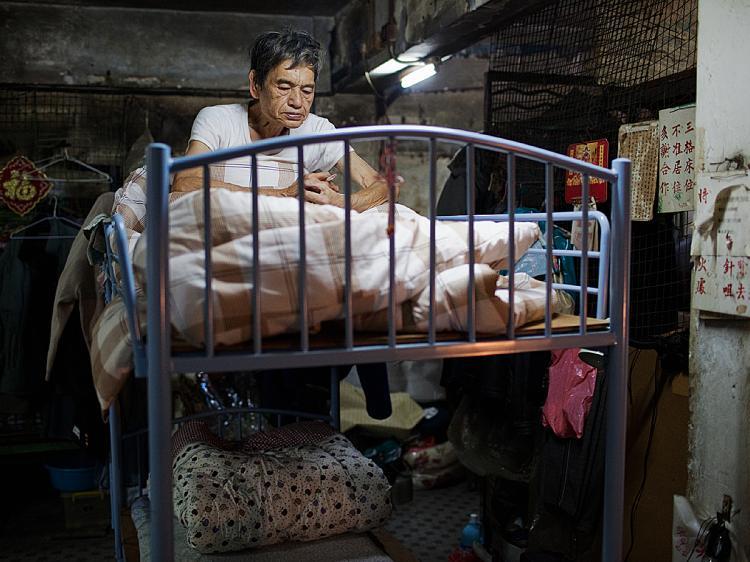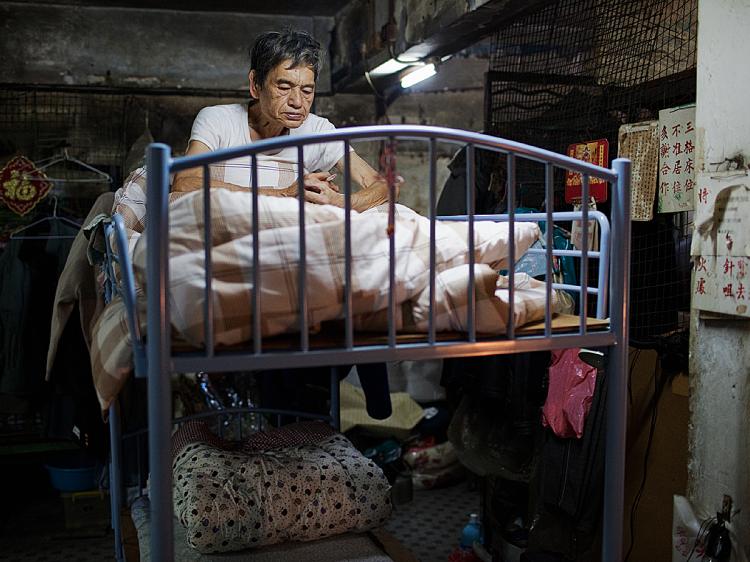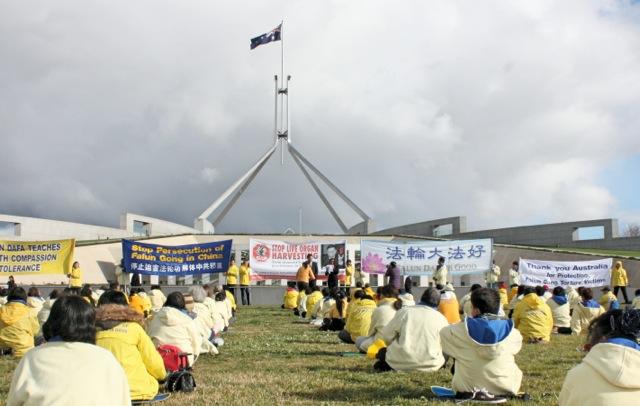Hong Kong’s population is fast becoming the most rapidly aging in Asia. With the release of the annual budget this week, questions remain whether the government is able to provide long-term solutions for the elderly and most needy.
As the baby-boomers are fast approaching retirement age, the work force is set to lose a large proportion of its labourers. A recent study by Professor Yip from the University of Hong Kong indicated that now for every economically productive resident (aged 16-64) there are over 300 “dependents” (aged 64 and above). By the year 2039 Professor Yip predicts the figures to double.
While Japan currently boasts the oldest population, with almost a quarter of the population aged over 65, Hong Kong is not far behind. According to research published in the Journal of Cross Cultural Gerontology 40 per cent of the population will be aged 55 or above by 2025 – the highest projected share across the East Asian region.
The obvious effect of the ageing crises in Hong Kong is that fewer taxes will be paid and more retirement benefits will need to be provided. Some have questioned the government’s readiness for such events.
This week the Hong Kong Council of Social Services has issued 21 initiatives to consolidate the welfare programmes in the metropolis.
The council has accused the government of wasting HK$100 billion on one-off measures, rather than creating a long-term plan.
On the top of the Council’s agenda is securing welfare support for the poor and the elderly of retirement age.
The Council proposed a HK$30 billion retirement protection plan, on top of the existing Mandatory Provident Fund (MPF).
“Obviously, the Mandatory Provident Fund, which will be 11 this year, fails to offer adequate retirement protection for people to rely on,” said the council’s business director for policy advocacy Chua Hoi-wai, reports the South China Morning Post.
MPF requires that each worker contributes 5 per cent of their salary to the fund, which is then topped up by the employer adding another 5 per cent. Currently there are about 2.3 million members in the MPF.
“For people on very low salaries, the MPF cannot cover their retirement. The government cannot wait anymore. It is time to act,” Chua said.
Also of concern to welfare groups is the widening wealth gap in Hong Kong, which is home to some of the richest people in the world.
Despite the relatively strong economy and predicted budget surplus of HK$70 billion this fiscal year, there are still around 1.23 million—or 17.9 per cent of the population—living in poverty.
The study by the Hong Kong Council of Social Services, found that in the first six months of 2009 there were 20,000 more people living in poverty compared to the same period the year before.
Hong Kong’s poverty line is defined as earning less than HK$1,650 (US$211.7) per month for a single person or HK$6,325 (US$811.6) for a family of four.
As the baby-boomers are fast approaching retirement age, the work force is set to lose a large proportion of its labourers. A recent study by Professor Yip from the University of Hong Kong indicated that now for every economically productive resident (aged 16-64) there are over 300 “dependents” (aged 64 and above). By the year 2039 Professor Yip predicts the figures to double.
While Japan currently boasts the oldest population, with almost a quarter of the population aged over 65, Hong Kong is not far behind. According to research published in the Journal of Cross Cultural Gerontology 40 per cent of the population will be aged 55 or above by 2025 – the highest projected share across the East Asian region.
Elderly Not Protected
The obvious effect of the ageing crises in Hong Kong is that fewer taxes will be paid and more retirement benefits will need to be provided. Some have questioned the government’s readiness for such events.
This week the Hong Kong Council of Social Services has issued 21 initiatives to consolidate the welfare programmes in the metropolis.
The council has accused the government of wasting HK$100 billion on one-off measures, rather than creating a long-term plan.
On the top of the Council’s agenda is securing welfare support for the poor and the elderly of retirement age.
The Council proposed a HK$30 billion retirement protection plan, on top of the existing Mandatory Provident Fund (MPF).
“Obviously, the Mandatory Provident Fund, which will be 11 this year, fails to offer adequate retirement protection for people to rely on,” said the council’s business director for policy advocacy Chua Hoi-wai, reports the South China Morning Post.
MPF requires that each worker contributes 5 per cent of their salary to the fund, which is then topped up by the employer adding another 5 per cent. Currently there are about 2.3 million members in the MPF.
“For people on very low salaries, the MPF cannot cover their retirement. The government cannot wait anymore. It is time to act,” Chua said.
Poverty Crisis
Also of concern to welfare groups is the widening wealth gap in Hong Kong, which is home to some of the richest people in the world.
Despite the relatively strong economy and predicted budget surplus of HK$70 billion this fiscal year, there are still around 1.23 million—or 17.9 per cent of the population—living in poverty.
The study by the Hong Kong Council of Social Services, found that in the first six months of 2009 there were 20,000 more people living in poverty compared to the same period the year before.
Hong Kong’s poverty line is defined as earning less than HK$1,650 (US$211.7) per month for a single person or HK$6,325 (US$811.6) for a family of four.






Friends Read Free